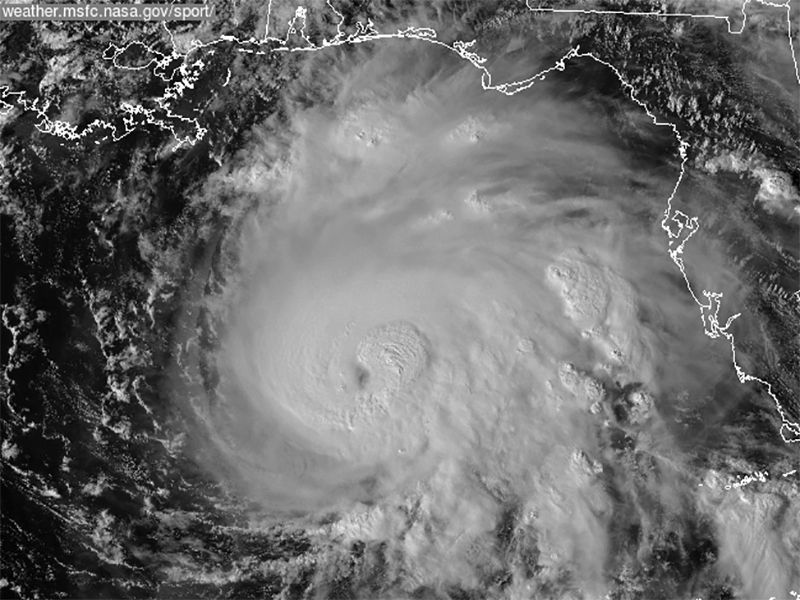
Some people mistrust the safety and effectiveness of human vaccines for COVID-19 and other diseases, a fact that became abundantly clear during the pandemic. Now, a new survey of 2,200 dog owners shows this mistrust may often extend to canine vaccinations. The finding suggests there is spillover between the issues, with those who have negative… read on > read on >






























